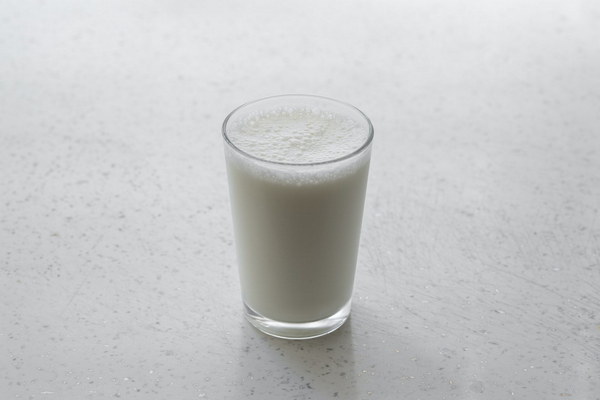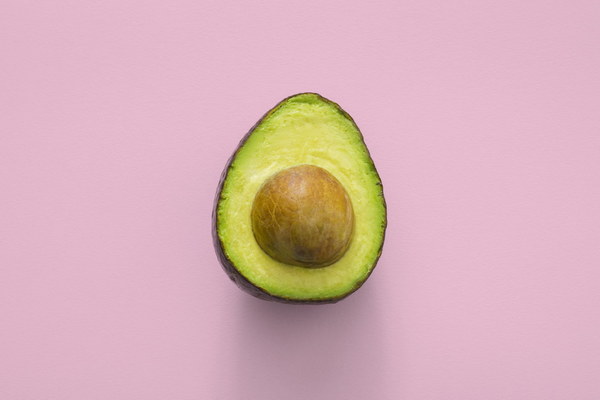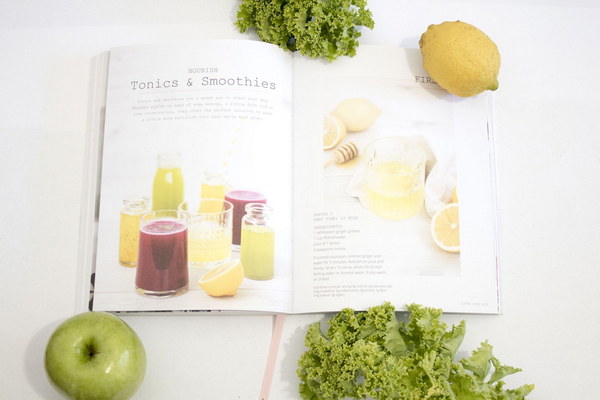Pregnant Women and Herbal Remedies Understanding the Risks and Benefits of Using Herbal Diuretics
Introduction:
Pregnancy is a delicate period where expectant mothers must be cautious about their health and well-being. One common concern is the presence of dampness or damp-heat in the body, which is believed to be a contributing factor to various pregnancy-related discomforts. Many pregnant women turn to herbal remedies, such as diuretic herbs, to alleviate these symptoms. This article aims to provide an overview of the risks and benefits associated with using herbal diuretics during pregnancy.
Understanding Herbal Diuretics:
Herbal diuretics are natural substances that are believed to increase urine production, thereby promoting the elimination of excess fluid from the body. These herbs are commonly used to treat conditions such as edema, high blood pressure, and kidney problems. Some commonly used diuretic herbs include juniper berries, dandelion root, and Buchu.
Risks of Using Herbal Diuretics During Pregnancy:
While herbal diuretics can be beneficial in certain situations, it is essential for pregnant women to exercise caution when considering their use. Here are some potential risks:
1. Increased Risk of Fetal Abnormalities: Some herbal diuretics have been associated with an increased risk of fetal abnormalities, particularly when taken during the first trimester of pregnancy.
2. Nutrient Depletion: Diuretics can lead to the loss of essential nutrients, such as potassium and magnesium, which are crucial for maintaining a healthy pregnancy.
3. Premature Labor: There is a concern that excessive diuretic use may lead to preterm labor, particularly in women with a history of preterm delivery.
4. Negative Interaction with Other Medications: Some herbal diuretics may interact with other medications, such as blood pressure medications or certain antibiotics, potentially causing adverse effects.
Benefits of Using Herbal Diuretics During Pregnancy:
Despite the risks, there are instances where herbal diuretics may be beneficial for pregnant women. Here are some potential benefits:
1. Alleviating Edema: Edema, or swelling, is a common discomfort during pregnancy, particularly in the lower extremities. Herbal diuretics may help reduce swelling by promoting the elimination of excess fluid.
2. Managing High Blood Pressure: Some herbal diuretics have been shown to lower blood pressure, which can be beneficial for pregnant women with gestational hypertension.
3. Supporting Kidney Function: Herbal diuretics may help improve kidney function, which can be particularly important for pregnant women with kidney issues.
Precautions and Recommendations:
If a pregnant woman is considering the use of herbal diuretics, it is crucial to consult with a healthcare professional. Here are some recommendations:
1. Choose Only Safe Herbs: Not all herbal diuretics are safe for pregnant women. It is essential to choose herbs that have been proven safe for use during pregnancy.
2. Monitor Nutrient Levels: It is crucial to monitor nutrient levels, such as potassium and magnesium, to ensure that they remain within a healthy range.
3. Follow Dosage Instructions: Adhere to the recommended dosage for the chosen herbal diuretic, as excessive intake can increase the risk of adverse effects.

4. Regular Check-ups: Schedule regular prenatal appointments to monitor the effectiveness and safety of the herbal diuretic, as well as to address any concerns that may arise.
Conclusion:
The use of herbal diuretics during pregnancy is a topic that requires careful consideration. While these herbs may offer certain benefits, it is crucial for pregnant women to consult with their healthcare providers before incorporating them into their treatment plan. By doing so, they can ensure the safety and well-being of both themselves and their developing baby.









